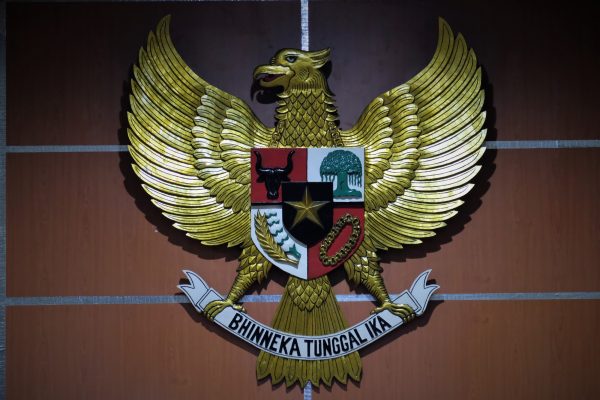ASEAN Beat | Economy | Southeast Asia
The regulation, which intends to make Indonesia a more attractive destination for foreign investment, has been staunchly opposed by unions and environmental groups.
Indonesia’s parliament has passed an emergency regulation on jobs and investment, replacing a wide-ranging October 2020 law that was struck down by the Constitutional Court. In a session on Tuesday, Reuters reported that the regulation passed with the support of all seven parties in President Joko “Jokowi” Widodo’s ruling coalition.
Jokowi signed the decree in December, after a November 2021 ruling by the Constitutional Court that declared the original law was partially unconstitutional, due to inadequate public consultations. The Jobs Creation Law, as it was known, was a package of legislation passed by Parliament in October 2020, which revised more than 70 other laws to streamline regulations and make Indonesia a more attractive destination for foreign investment.
Since the beginning, however, the law has faced strong opposition from unions and student activist groups, which claim that it diluted labor standards and environmental safeguards to fatten the profits of big business. The law’s passage was attended by mass protests across Indonesia, after which trade unions and civil society groups filed a judicial review at the Constitutional Court. Jokowi’s signing of the emergency regulation in December also prompted protests.
The Constitutional Court ordered the government to amend key parts of the legislation within two years of the law’s passage. Jokowi’s emergency regulation, which required parliament’s approval, was designed to fulfill the court’s request. The new regulation isn’t radically different from the original legislation; it contains some improved provisions, including minimum wages for outsourced workers.
Airlangga Hartarto, the coordinating minister for economic affairs told parliament that the new law was necessary to bolster Indonesia’s competitiveness in uncertain times, including climate change, the Russia-Ukraine war, and the continuing economic fallout from the COVID-19 pandemic, Reuters reported.
“The job creation decree is a measure to mitigate global crises,” he said, adding that it would prevent “problems from spreading and global vulnerabilities affecting the national economy.”
But critics say that it still overwhelmingly prioritizes big business at the expense of Indonesian workers. Tuesday’s vote largely split along party lines, with the parties in Jokowi’s big-tent coalition supporting the legislation and the two opposition parties – the Democratic Party and the Prosperous Justice Party opposing it. As BenarNews reported, one Democratic Party lawmaker described the law as “formally and constitutionally flawed.”
The law was also opposed by the Labour Party, which holds no seats in parliament but plans to run in the election that will be held early next year. Around 300 members of the party held a rally to protest the new law on Tuesday, and the party has vowed to file an additional complaint at the Constitutional Court in a bid to once again slow its progress.


